A German court has ruled that OpenAI violated the nation's copyright laws by training its ChatGPT language model on licensed musical works without permission. The court ordered OpenAI to pay an undisclosed amount in damages to GEMA, a German collective that manages music rights in Germany, which filed the lawsuit last November. OpenAI has stated that it disagrees with the ruling and is considering its next steps.
The ruling stemmed from GEMA's lawsuit, which alleged that OpenAI's use of copyrighted music in its training data for ChatGPT constituted copyright infringement. GEMA's chief executive, Tobias Holzmüller, said that the ruling sets a precedent for protecting the rights of authors and clarifies the obligations of operators of AI tools like ChatGPT to comply with copyright law. "Today, we have successfully defended the livelihoods of music creators," Holzmüller said in a statement.
OpenAI's use of copyrighted music in its training data for ChatGPT has been a contentious issue, with multiple creatives and media groups suing the company over the same issue. The ruling is seen as a significant development in the ongoing debate over the role of AI in copyright law and the need for clearer guidelines on the use of copyrighted materials in AI training data.
The use of copyrighted materials in AI training data has been a growing concern in recent years, with many experts arguing that it is essential to establish clear guidelines on the use of copyrighted materials in AI development. The ruling in this case sets a precedent for future cases and highlights the need for companies like OpenAI to obtain permission from copyright holders before using their materials in AI training data.
OpenAI has faced criticism for its use of copyrighted materials in its AI training data, with many arguing that it is essential to compensate creators for their work. The company has stated that it is committed to working with copyright holders to obtain permission for the use of their materials, but the ruling in this case suggests that it may need to take a more proactive approach to obtaining permission.
The implications of this ruling are far-reaching, with many experts arguing that it sets a precedent for future cases involving AI and copyright law. The ruling highlights the need for clearer guidelines on the use of copyrighted materials in AI development and the importance of protecting the rights of authors and creators. As the use of AI continues to grow, it is likely that we will see more cases like this one, and the ruling in this case will play a significant role in shaping the future of AI and copyright law.
In a statement, OpenAI said that it is considering its next steps and will continue to work with copyright holders to obtain permission for the use of their materials. The company has stated that it is committed to working with the creative community to develop guidelines for the use of copyrighted materials in AI training data.
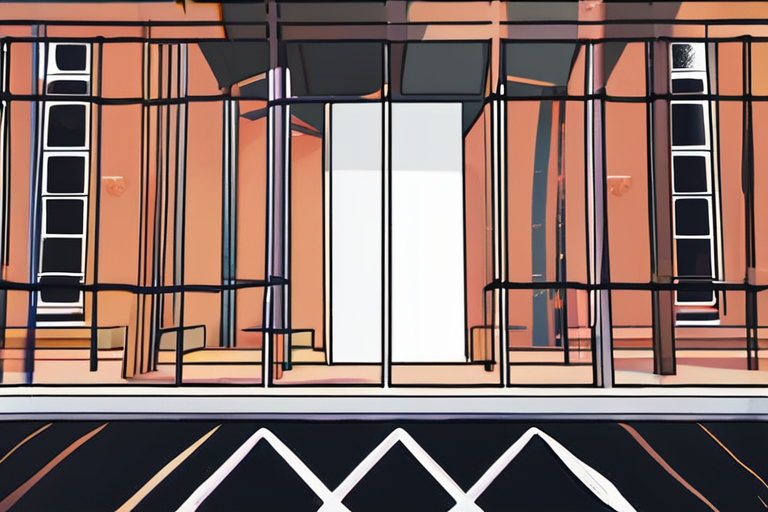


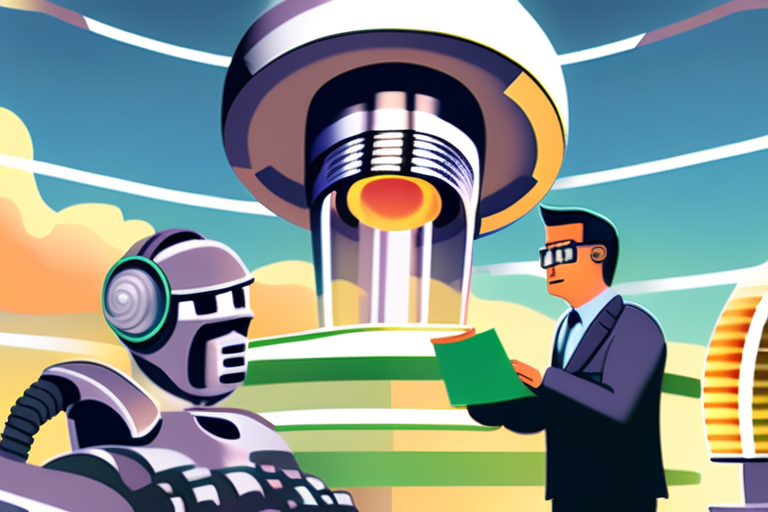
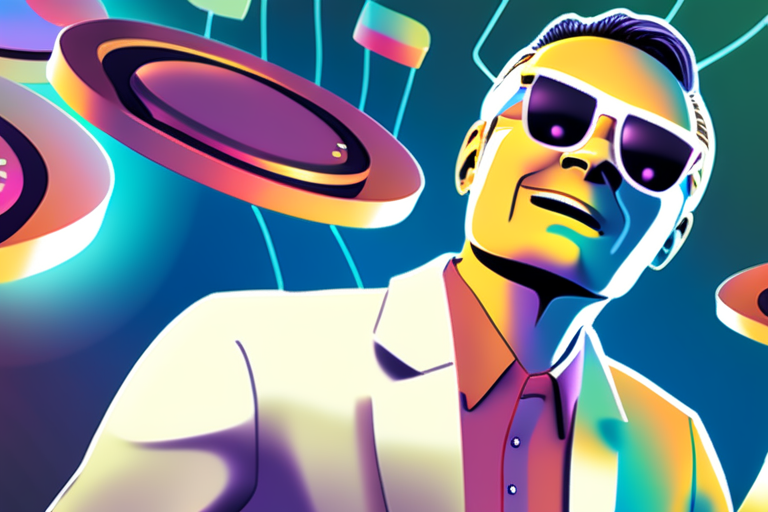
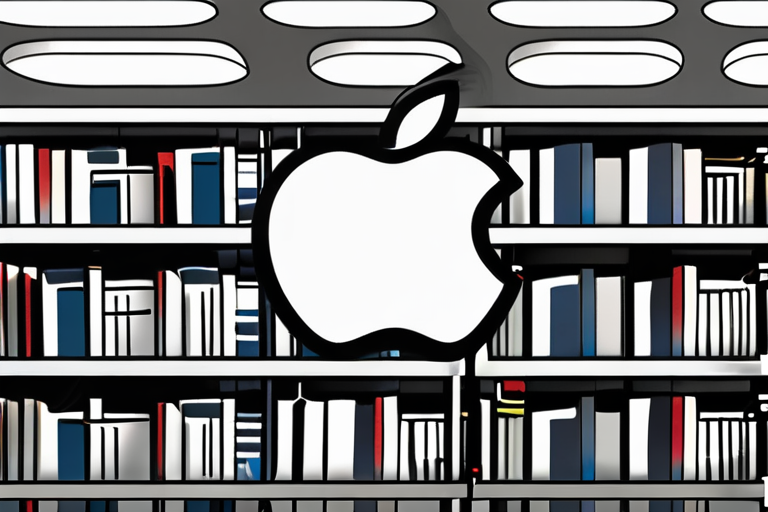
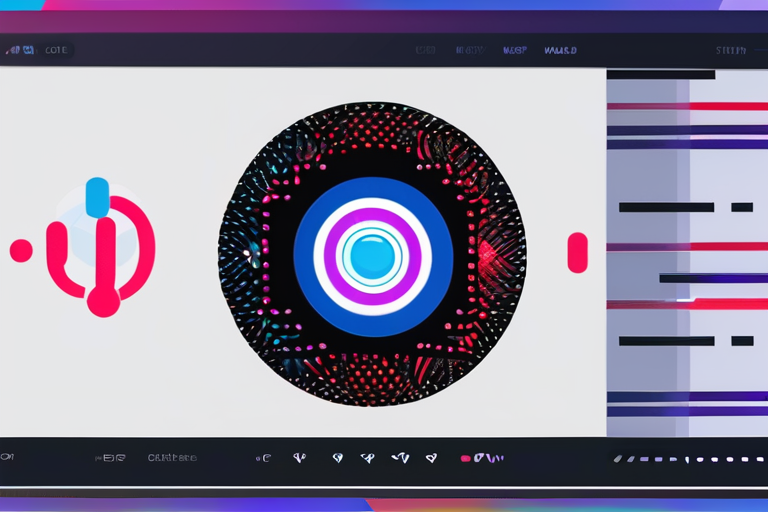

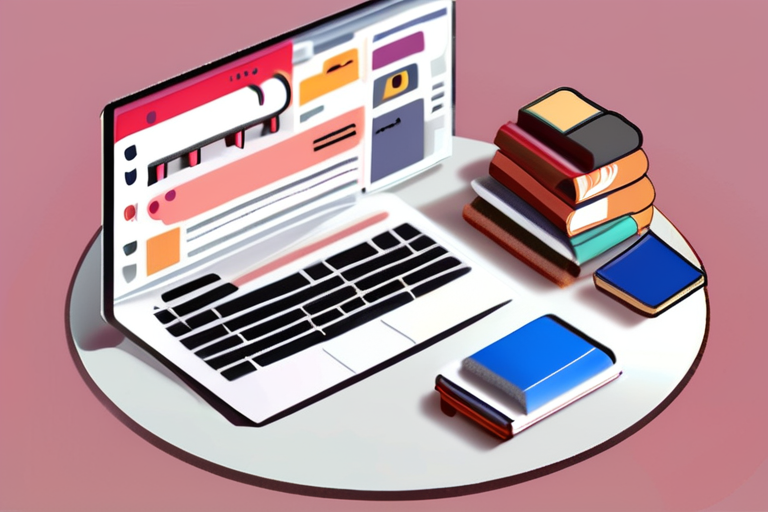

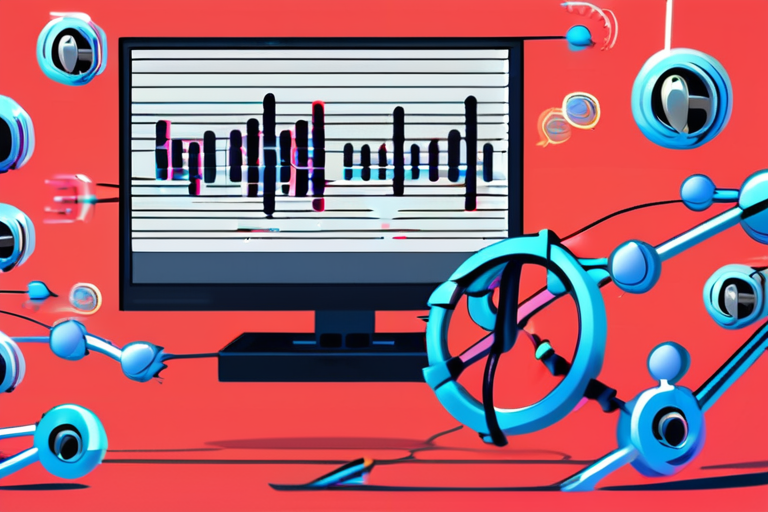
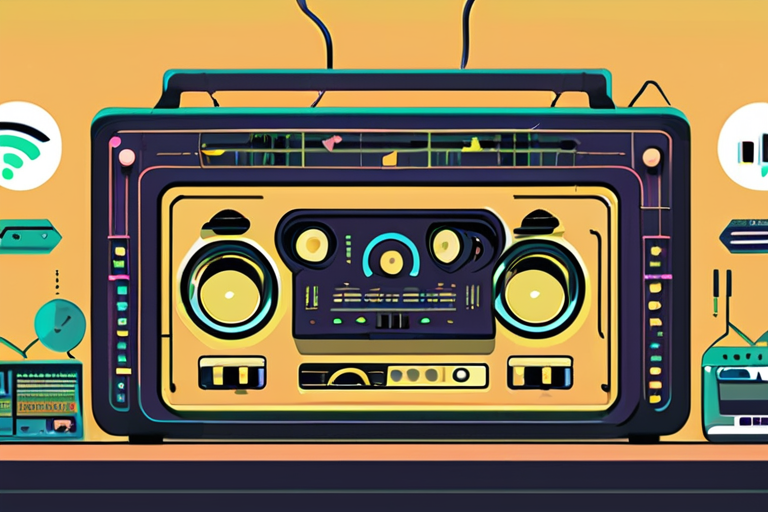
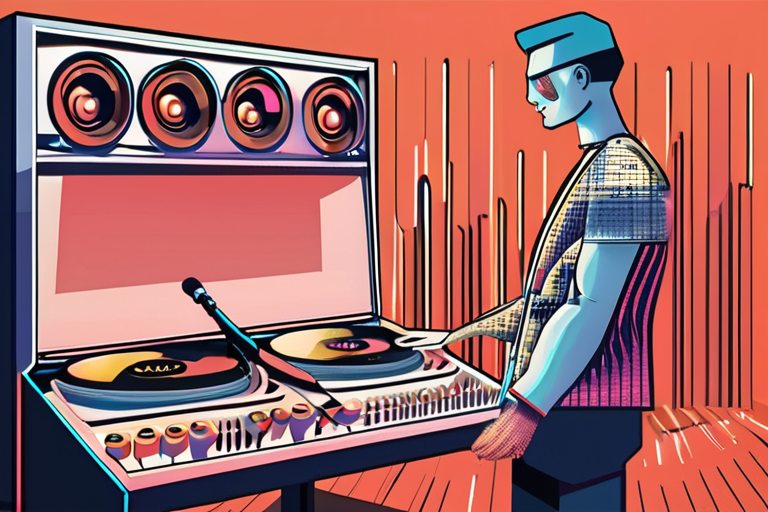
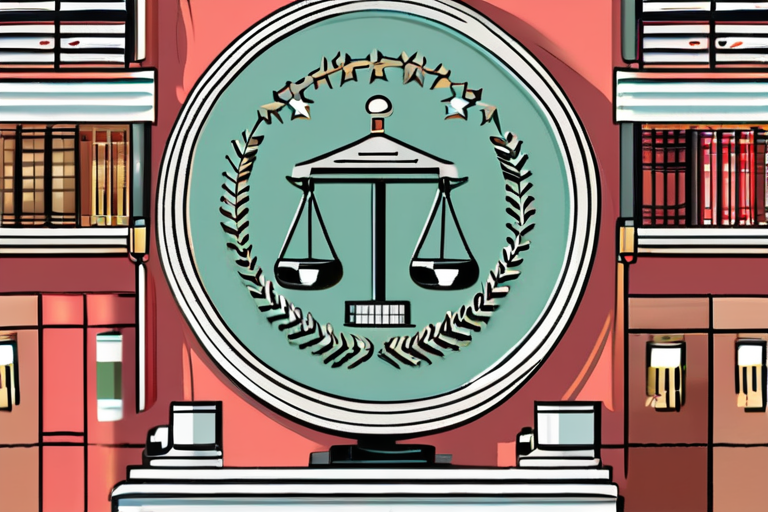
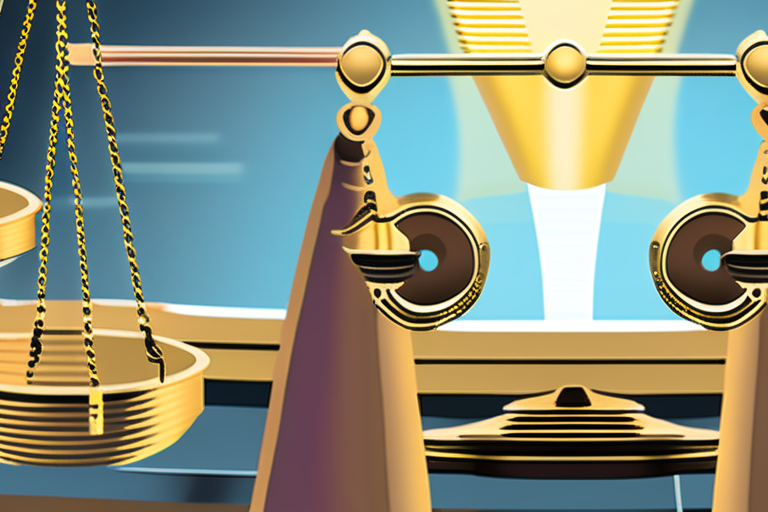

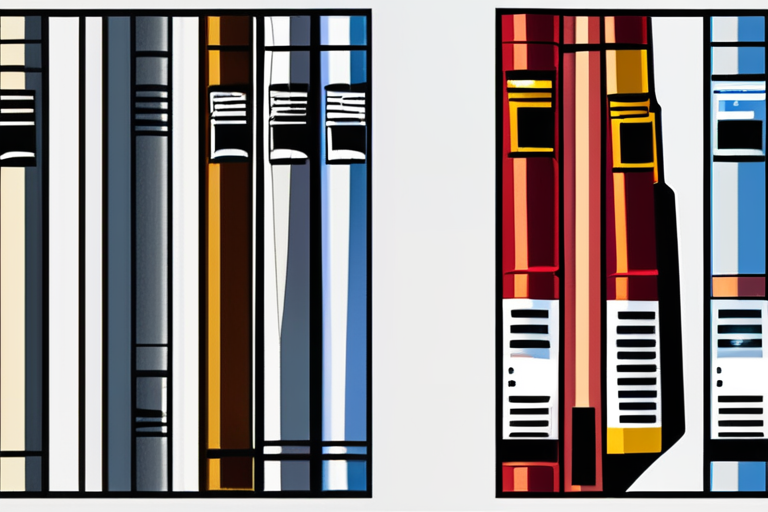
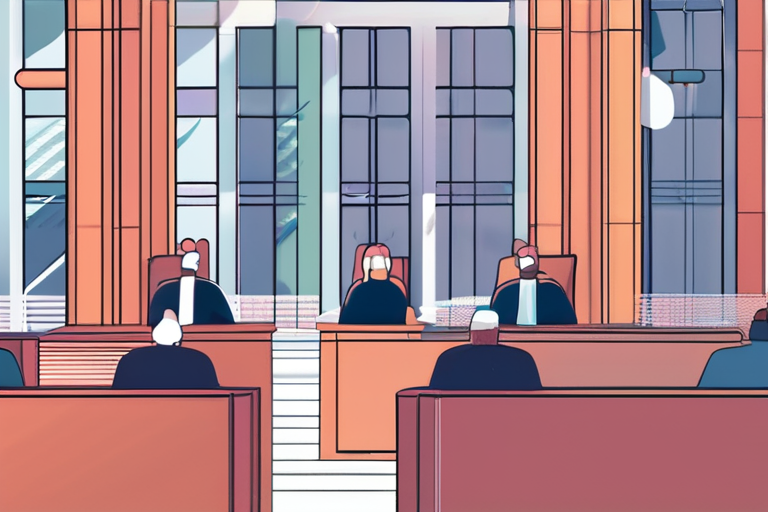


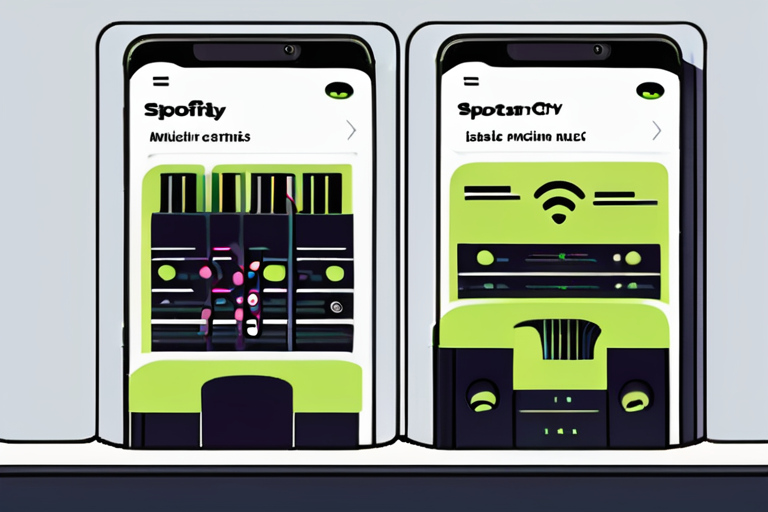
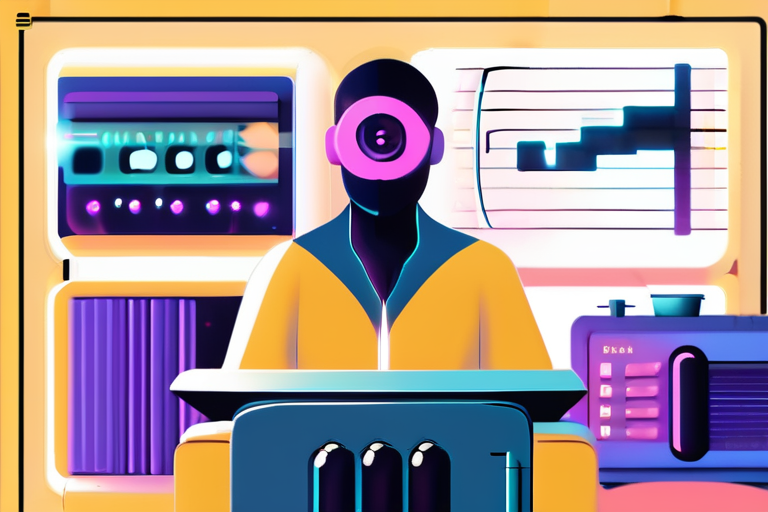
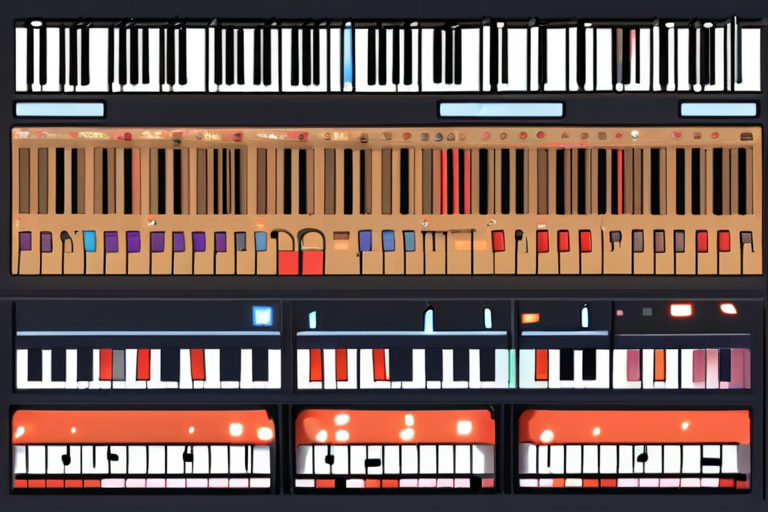
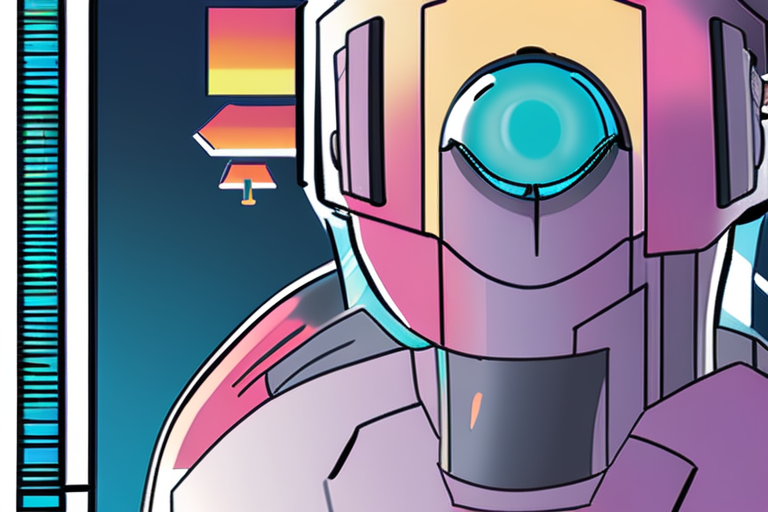
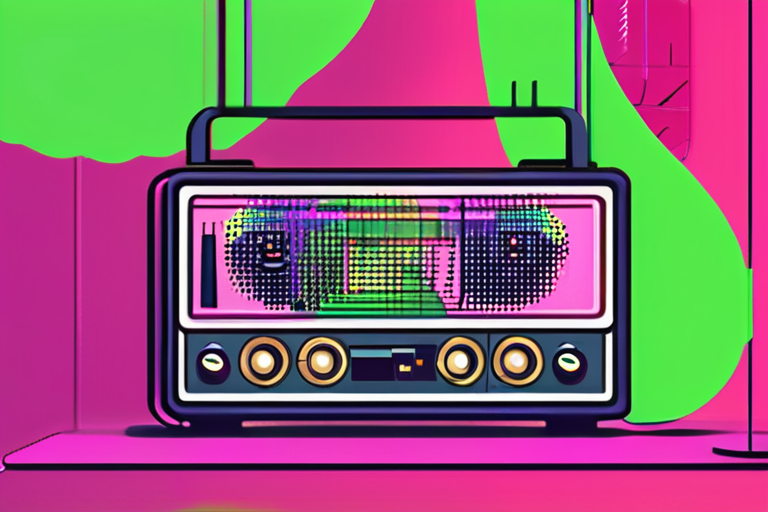

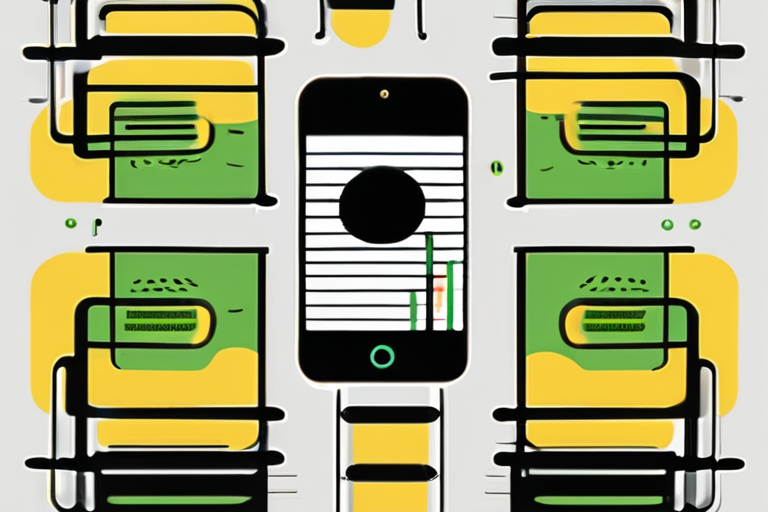
Share & Engage Share
Share this article